Chancellor of the Exchequer
The Chancellor of the Exchequer,[lower-alpha 1] or simply the Chancellor,[1] is a high ranking Minister of the Crown within the Government of the United Kingdom, and head of Her Majesty's Treasury. As one of the four Great Offices of State, the Chancellor is a senior member of the British Cabinet.
| Chancellor and Under-Treasurer of Her Majesty's Exchequer | |
|---|---|
.svg.png) | |
| Her Majesty's Treasury | |
| Style | Chancellor (informal) The Right Honourable (UK and the Commonwealth) |
| Status | Great Office of State |
| Member of | Cabinet Privy Council National Security Council |
| Reports to | The Prime Minister |
| Residence | 11 Downing Street |
| Seat | Westminster |
| Appointer | The Crown on advice of the Prime Minister |
| Term length | At Her Majesty's pleasure |
| Formation | 22 June 1316 |
| First holder | Hervey de Stanton in the Kingdom of England only |
| Deputy | Chief Secretary to the Treasury |
| Salary | £71,090 (excluding £81,932 salary as MP) |
| Website | www |
Responsible for all economic and financial matters, the role is equivalent to that of a finance minister in other countries. The Chancellor is now always Second Lord of the Treasury as one of at least six Lords Commissioners of the Treasury, responsible for executing the office of the Lord High Treasurer — the others are the Prime Minister and Commons government whips. In the 18th and early 19th centuries, it was common for the prime minister also to serve as Chancellor of the Exchequer if he sat in the Commons; the last chancellor who was simultaneously prime minister and Chancellor of the Exchequer was Stanley Baldwin in 1923. Formerly, in cases when the chancellorship was vacant, the Lord Chief Justice of the King's Bench would act as Chancellor pro tempore.[2] The last Lord Chief Justice to serve in this way was Lord Denman in 1834.
The chancellor is the third-oldest major state office in English and British history, and in recent times has come to be the most powerful office in British politics after the prime minister. They originally carried responsibility for the Exchequer, the medieval English institution for the collection and auditing of royal revenues. The earliest surviving records which are the results of the exchequer's audit, date from 1129–30 under King Henry I and show continuity from previous years.[3] The chancellor has oversight of fiscal policy, therefore of taxation and public spending across Government departments. It previously controlled monetary policy as well until 1997, when the Bank of England was granted independent control of its interest rates.
Second Lord of the Treasury
The holder of the office of Chancellor of the Exchequer is ex officio Second Lord of the Treasury as a member of the commission exercising the ancient office of Lord High Treasurer.[4] As the Second Lord, his official residence is 11 Downing Street in London, next door to the residence of the First Lord of the Treasury (a title that has for many years been held by the prime minister), who resides in 10 Downing Street. While in the past both houses were private residences, today they serve as interlinked offices, with the occupant living in an apartment made from attic rooms previously resided in by servants.
Since 1827, the chancellor has always simultaneously held the office of Second Lord of the Treasury when that person has not also been the prime minister.
Roles and responsibilities
A previous chancellor, Robert Lowe, described the office in the following terms in the House of Commons, on 11 April 1870: "The Chancellor of the Exchequer is a man whose duties make him more or less of a taxing machine. He is entrusted with a certain amount of misery which it is his duty to distribute as fairly as he can."
Fiscal policy
The chancellor has considerable control over other departments as it is the Treasury which sets Departmental Expenditure Limits. The amount of power this gives to an individual chancellor depends on his personal forcefulness, his status within his party and his relationship with the prime minister. Gordon Brown, who became chancellor when Labour came into Government in 1997, had a large personal power base in the party. Perhaps as a result, Tony Blair chose to keep him in the same position throughout his ten years as prime minister; making Brown an unusually dominant figure and the longest-serving chancellor since the Reform Act of 1832.[5] This has strengthened a pre-existing trend towards the Chancellor occupying a clear second position among government ministers, elevated above his traditional peers, the Foreign Secretary and Home Secretary.
One part of the Chancellor's key roles involves the framing of the annual year budget. As of 2017, the first is the Autumn Budget, also known as Budget Day which forecasts government spending in the next financial year and also announces new financial measures. The second is a Spring Statement, also known as a "mini-Budget". Britain's tax year has retained the old Julian end of year: 24 March (Old Style) / 5 April (New Style, i.e. Gregorian). From 1993, the Budget was in spring, preceded by an annual autumn statement. This was then called Pre-Budget Report. The Autumn Statement usually took place in November or December. The 1997, 2001, 2002, 2003, 2006, 2007, 2008, 2012 and 2016 budgets were all delivered on a Wednesday, summarised in a speech to the House of Commons.
The budget is a state secret until the chancellor reveals it in his speech to Parliament. Hugh Dalton, on his way to giving the budget speech in 1947, inadvertently blurted out key details to a newspaper reporter, and they appeared in print before he made his speech. Dalton was actually forced to resign.[6]
Monetary policy
Although the Bank of England is responsible for setting interest rates, the chancellor also plays an important part in the monetary policy structure. He sets the inflation target which the Bank must set interest rates to meet. Under the Bank of England Act 1998 the chancellor has the power of appointment of four out of nine members of the Bank's Monetary Policy Committee – the so-called 'external' members. He also has a high level of influence over the appointment of the Bank's Governor and Deputy Governors, and has the right of consultation over the appointment of the two remaining MPC members from within the Bank.[7] The Act also provides that the Government has the power to give instructions to the Bank on interest rates for a limited period in extreme circumstances. This power has never been officially used.
Ministerial arrangements
At HM Treasury the chancellor is supported by a political team of four junior ministers and by permanent civil servants. The most important junior minister is the Chief Secretary to the Treasury, a member of the Cabinet, to whom the negotiations with other government departments on the details of government spending are delegated, followed by the Paymaster General, the Financial Secretary to the Treasury and the Economic Secretary to the Treasury. Whilst not continuously in use, there can also be appointed a Commercial Secretary to the Treasury and an Exchequer Secretary to the Treasury. Two other officials are given the title of a Secretary to the Treasury, although neither is a government minister in the Treasury: the Parliamentary Secretary to the Treasury is the Government Chief Whip in the House of Commons; the Permanent Secretary to the Treasury is not a minister but the senior civil servant in the Treasury.
The chancellor is obliged to be a member of the Privy Council, and thus is styled the Right Honourable (Rt. Hon.). Because the House of Lords is excluded from financial matters by tradition confirmed by the Parliament Acts, the office is effectively limited to members of the House of Commons; apart from these occasions (see above) when the Lord Chief Justice of the King's Bench has acted as interim Chancellor the last peer to hold the office was Henry Booth, 1st Earl of Warrington (at that time only a Baron, Lord Delamer) from 9 April 1689 to 18 March 1690. The chancellor holds the formerly independent office of Master of the Mint as a subsidiary office.[8]
Perquisites of the office
Official residence
The Chancellor of the Exchequer has no official London residence as such but since 1828 in his role as Second Lord of the Treasury he lives in the Second Lord's official residence, No. 11 Downing Street.[9] In 1997, the then First and Second Lords, Tony Blair and Gordon Brown respectively, swapped apartments, as the Chancellor's apartment in No. 11 was bigger and thus better suited to the needs of Blair (who had children living with him, including one born during his tenure) than Brown who was at that stage unmarried.
Dorneywood
Dorneywood is the summer residence that is traditionally made available to the chancellor, though it is the prime minister who ultimately decides who may use it. Gordon Brown, on becoming chancellor in 1997, refused to use it and the house, which is set in 215 acres (87 ha)[10] of parkland, was allocated to Deputy Prime Minister John Prescott. It reverted to the chancellor in 2007, then Alistair Darling.[11]
Budget box
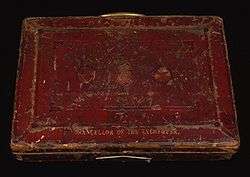
The chancellor traditionally carries his Budget speech to the House of Commons in a particular red Despatch Box. The Chancellor's red briefcase is identical to the briefcases used by all other government ministers (known as ministerial boxes or "Despatch Boxes") to transport their official papers but is better known because the chancellor traditionally displays the briefcase, containing the Budget speech, to the press in the morning before delivering the speech.
The original Budget briefcase was first used by William Ewart Gladstone in 1853 and continued in use until 1965 when James Callaghan was the first chancellor to break with tradition when he used a newer box. Prior to Gladstone, a generic red Despatch Box of varying design and specification was used. The practice is said to have begun in the late 16th century, when Queen Elizabeth I's representative Francis Throckmorton presented the Spanish Ambassador, Bernardino de Mendoza, with a specially constructed red briefcase filled with black puddings.
In July 1997, Gordon Brown became the second chancellor to use a new box for the Budget. Made by industrial trainees at Babcock Rosyth Defence Ltd ship and submarine dockyard in Fife, the new box is made of yellow pine, with a brass handle and lock, covered in scarlet leather and embossed with the Royal cypher and crest and the Chancellor's title. In his first Budget, in March 2008, Alistair Darling reverted to using the original budget briefcase and his successor, George Osborne, continued this tradition for his first budget, before announcing that it would be retired due to its fragile condition.[12] The key to the original budget box has been lost.[13]
Budget tipple
By tradition, the chancellor has been allowed to drink whatever he or she wishes while making the annual Budget Speech to parliament. This includes alcohol, which is otherwise banned under parliamentary rules.
Previous chancellors have opted for whisky (Kenneth Clarke), gin and tonic (Geoffrey Howe), brandy and water (Benjamin Disraeli and John Major), spritzer (Nigel Lawson) and sherry and beaten egg (William Gladstone).[14]
The recent chancellors, Philip Hammond, George Osborne, Alistair Darling and Gordon Brown,[15] opted for water. In fact Darling drank what was named "Standard Water" in reference to, and support of, the London Evening Standard newspaper's campaign to have plain tap water available in restaurants at no charge to customers.[16]
Robe of office
The chancellor has a robe of office,[17] similar to that of the Lord Chancellor (as seen in several of the portraits depicted below). In recent times, it has only regularly been worn at Coronations, but some chancellors (at least until the 1990s) have also worn it when attending the Trial of the Pyx as Master of the Mint. According to George Osborne, the robe (dating from Gladstone's time in office, and worn by the likes of Lloyd George and Churchill)[18] 'went missing' during Gordon Brown's time as chancellor.[19]
List of Chancellors of the Exchequer
Chancellors of the Exchequer of England (c. 1221 – c. 1558)
| Portrait | Name | Term of office | Monarch (Reign) | ||
|---|---|---|---|---|---|
 |
Eustace of Fauconberg Bishop of London (died 1228) |
c. 1221 | N/A | Henry III.svg.png) (1216–1272) | |
 |
John Maunsell Secretary of State (1190/95–1265) |
c. 1234 | N/A | ||
| Ralph de Leicester | before 1248 | ||||
| Edward of Westminster | 1248 | N/A | |||
| Albric de Fiscamp | before 1263 | ||||
 |
John Chishull Lord Chancellor[1221 1] (died 1280) |
1263 | 1265 | ||
 |
Walter Giffard Bishop of Bath and Wells (c. 1225 – 1279) |
1265 | 1266 | ||
 |
Godfrey Giffard Lord Chancellor (c. 1235 – 1302) |
1266 | 1268 | ||
 |
John Chishull Lord Chancellor (died 1280) |
1268 | 1269 | ||
 |
Richard of Middleton Archdeacon of Northumberland (died 1272) |
1269 | 1272† | ||
| Roger de la Leye | before 1283 | ||||
| Geoffrey de Neuband | Edward I.svg.png) (1272–1307) | ||||
| Philip de Willoughby | 1283 | 1305 | |||
 |
Sir John Benstead KB Secretary of State (c. 1275 – 1323/24) |
1305 | 1306 | ||
 |
John Sandale Bishop of Winchester (died 1319) |
c. July 1307 |
1308 | Edward II.svg.png) (1307–1327) | |
| John of Markenfield | 1309 | 1312 | |||
 |
John Hotham Bishop of Ely (died 1337) |
1312 | 1316 | ||
 |
Hervey de Stanton (1260–1327) |
1316 | c. 1323 | ||
 |
Walter de Stapledon Lord High Treasurer (1261–1326) |
1323 | c. 1324 | ||
 |
Hervey de Stanton Chief Justice of the Common Pleas (1260–1327) |
1324 | c. January 1327 | ||
 |
Adam de Harvington (c. 1270 – c. 1345) |
c. January 1327 |
1330 | Edward III (1327–1377) [1221 2] | |
 |
Robert Wodehouse (died 1346) |
1330 | 1331 | ||
 |
Robert de Stratford Bishop of Chichester (c. 1292 – 1362) |
1331 | 1334 | ||
| John Hildesle | c. 1338 | N/A | |||
| William de Everdon | 1341 | N/A | |||
| William Askeby Archdeacon of Northampton |
1363 | N/A | |||
 |
Sir Robert de Ashton (died 1385) |
1375 | c. June 1377 | ||
| Sir Walter Barnham | c. June 1377 |
c. September 1399 |
Richard II (1377–1399) | ||
 |
Henry Somer MP for Middlesex (c. 1370 – 1450) |
1410 | 1437 | Henry IV (1399–1413) | |
| Henry V (1413–1422) | |||||
| | Henry VI (1422–1461) [1221 3] | ||||
 |
John Somerset (died 1454) |
1441 | 1447 | ||
 |
Sir Thomas Browne MP for Dover (1402–1460) |
1440? | 1450? | ||
 |
Thomas Witham (c. 1420 – 1489) |
1454 | N/A | ||
 |
Thomas Thwaites (c. 1435–1503) |
c. March 1461 |
N/A | Edward IV (1461–1470) | |
 |
Thomas Witham (c. 1420 – 1489) |
1465 | 1469 | ||
| | Sir Richard Fowler (c. 1425 – 1477) |
1469 | c. April 1471 | ||
| Henry VI (1470–1471) | |||||
 |
Thomas Thwaites Chancellor of the Duchy of Lancaster (c. 1435–1503) |
c. April 1471 |
c. April 1483 |
Edward IV (1471–1483) | |
 |
Sir William Catesby Speaker of the House of Commons (1450–1485) |
c. April 1483 |
c. 1484 | Edward V (1483) [1221 4] | |
| Richard III (1483–1485) | |||||
 |
Sir Thomas Lovell Speaker of the House of Commons[1221 5] (died 1524) |
c. August 1485 |
1524 | Henry VII (1485–1509) | |
| | Henry VIII.svg.png) (1509–1547) [1221 6] | ||||
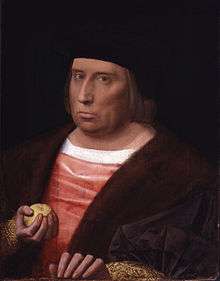 |
John Bourchier 2nd Baron Berners PC (1467–1533) |
1524 | 1533? | ||
01.jpg) |
Thomas Cromwell 1st Earl of Essex KGPC Secretary of State (c. 1485 – 1540) |
12 April 1533 |
10 June 1540 | ||
| | Sir John Baker MP for Kent (1488–1558) |
1545 | c. November 1558 | ||
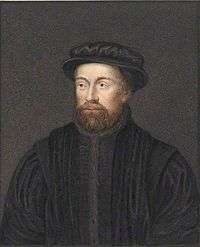 | |||||
Edward VI.svg.png) (1547–1553) [1221 7] | |||||
Mary I.svg.png) (1553–1558) | |||||
- ^† Died in office.
- Served until 1264.
- Lord Lancaster served as Regent of England during the minority of Edward III.
- The Regency government led by the Regency Council governed England during the minority of Henry VI.
- The Duke of Gloucester served as Regent of England during the reign of Edward V.
- Served until 1488.
- Margaret Beaufort served as Regent of England during the minority of Henry VIII.
- The Duke of Somerset and Duke of Northumberland served as Regent of England respectively during the reign of Edward VI.
Chancellors of the Exchequer of England (c. 1558 – 1708)
| Portrait | Name[lower-alpha 2] (Birth–Death) |
Term of office | Monarch (Reign) |
Ref. | ||
|---|---|---|---|---|---|---|
 |
Sir Richard Sackville MP for Sussex (c. 1507 – 1566) |
February 1559 |
21 April 1566† |
Elizabeth I.svg.png) (1558–1603) |
[20] | |
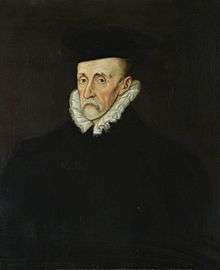 |
Sir Walter Mildmay MP for Northamptonshire (c. 1523 – 1589) |
1566 | 31 May 1589† |
[20] | ||
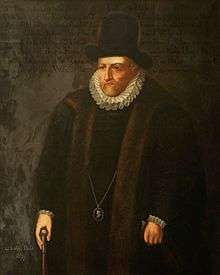 |
Sir John Fortescue |
1589 | 1603 | [20] | ||
James I.svg.png) (1603–1625) | ||||||
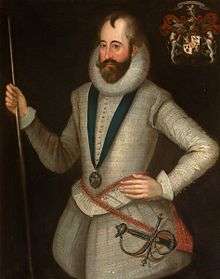 |
The Right Honourable George Home 1st Earl of Dunbar PC (c. 1556 – 1611) |
24 May 1603 |
April 1606 |
[20] | ||
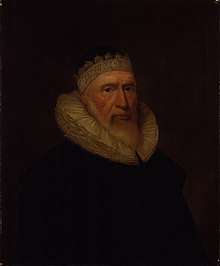 |
Sir Julius Caesar MP for Middlesex (1557/1558–1636) |
11 April 1606 |
1614 | [20] | ||
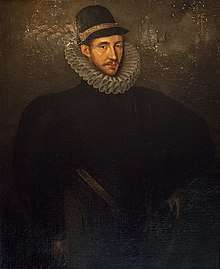 |
The Right Honourable Sir Fulke Greville KB MP for Warwickshire[1558 3] (1554–1628) |
15 October 1614 |
1621 | [20] | ||
 |
The Right Honourable Sir Richard Weston KG MP for 4 constituencies respectively (1577 – c. 1634) |
29 January 1621 |
15 July 1628 |
[20] | ||
Charles I.svg.png) (1625–1649) | ||||||
 |
The Right Honourable Edward Barrett 1st Lord Barrett of Newburgh PC (1581 – c. 1645) |
14 August 1628 |
1629 | [20] | ||
 |
The Right Honourable Francis Cottington 1st Baron Cottington PC (c. 1579 – 1652) |
18 April 1629 |
6 January 1642 |
[20] | ||
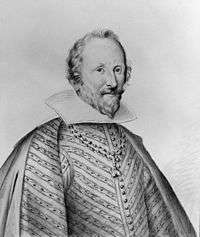 |
Sir John Colepeper MP for Kent (c. 1600 – 1660) |
6 January 1642 |
22 February 1643 |
[20] | ||
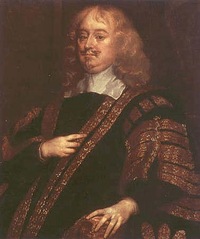 |
The Right Honourable Sir Edward Hyde (1609–1674) |
February 1643 |
1646 | [20] | ||
| Vacancy during the Interregnum (1649–1660) | ||||||
| Portrait | Name[lower-alpha 2] (Birth–Death) |
Term of office | Ministry | Monarch (Reign) |
Ref. | |
 |
The Right Honourable Edward Hyde 1st Baron Hyde KtPC (1609–1674) |
1660 | 13 May 1661 |
Clarendon | Charles II.svg.png) (1660–1685) |
[20] |
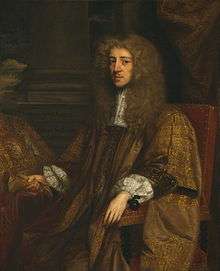 |
The Right Honourable Anthony Ashley Cooper 1st Baron Ashley PC (1621–1683) |
13 May 1661 |
22 November 1672 |
[20] | ||
| Cabal | ||||||
 |
Sir John Duncombe MP for Bury St Edmunds (1622–1687) |
22 November 1672 |
2 May 1676 |
[20] | ||
| Danby I | ||||||
| | Sir John Ernle MP for 4 constituencies respectively (1620–1697) |
2 May 1676 |
9 April 1689 |
[20] | ||
| Privy Council | ||||||
| | Chits | |||||
James II.svg.png) (1685–1688) | ||||||
| | William III & Mary II .svg.png) (1689–1694) | |||||
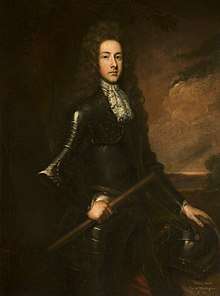 |
The Right Honourable Henry Booth 2nd Baron Delamer PC (1652–1694) |
9 April 1689 |
18 March 1690 |
Carmarthen–Halifax | [20] | |
 |
Richard Hampden MP for Buckinghamshire (c. 1631 – 1695) |
18 March 1690 |
10 May 1694 |
Carmarthen | [20] | |
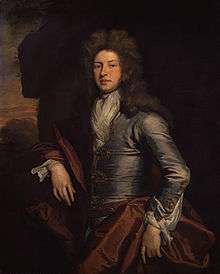 |
The Right Honourable Charles Montagu FRS
(1661–1715) |
10 May 1694 |
31 May 1699 |
Whig Junto I | [20] | |
William III.svg.png) (1694–1702) | ||||||
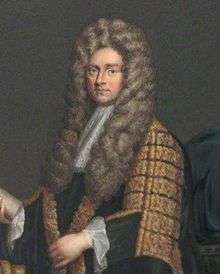 |
Sir John Smith MP for Andover (1655/56–1723) |
31 May 1699 |
23 March 1701 |
Pembroke | [20] | |
| | Henry Boyle
(1669–1725) |
27 March 1701 |
22 April 1708 |
[20] | ||
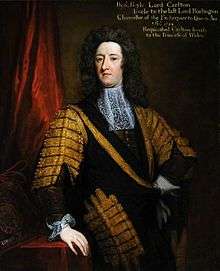 |
Godolphin–Marlborough (Tory–Whig) |
Anne.svg.png) (1702–1714) | ||||
| | ||||||
- Served until 1589 during the 9th Parliament of Queen Elizabeth I.
- Served from 1601 prior to the Golden Speech.
- Served during the 3rd Parliament of King James I in 1621.
- Elected to a new constituency in the 1695 general election.
- Elected to a new constituency in the 1705 general election.
Chancellors of the Exchequer of Great Britain (1708–1817)
- Lord Parker served as Regent of Great Britain from 1 August to 18 September 1714.
- Elevated to the Peerage of Great Britain on 6 February 1742.
- Elected to a new constituency in the Hampshire by-election.
- The Prince of Wales served as Prince Regent from 5 February 1811.
- Elected to a new constituency in the 1784 general election.
- Elected to a new constituency in the 1812 general election.
Chancellors of the Exchequer of the United Kingdom (1817–present)
Although the Kingdoms of Great Britain and Ireland had been united by the Acts of Union 1800 (39 & 40 Geo. III c. 67), the Exchequers of the two Kingdoms were not consolidated until 1817 under 56 Geo. III c. 98.[22][23] For the holders of the Irish office before this date, see Chancellor of the Exchequer of Ireland.
- The Prince of Wales served as Prince Regent from 5 February 1811.
- Elected to a new constituency in the 1832 general election.
- Elected to a new constituency in the 1865 general election.
- Elected to a new constituency in the 1918 general election.
- Elected to a new constituency in the 1950 general election.
- Elected to a new constituency in the 2005 general election.
See also
Notes
- This is used in almost all cases, including formal uses, for example in Parliament where it is common to refer to the position as 'Mr Chancellor of the Exchequer'. An example use of the full title is on writs appointing people to offices in the Manor of Northstead or the Chiltern Hundreds.
- Including honorifics and constituencies for elected MPs.
References
- https://www.telegraph.co.uk/business/2016/07/13/who-is-philip-hammond-britains-new-chancellor-and-what-are-like/
- Joseph Haydn, Horace Ockerby (ed.): The Book of Dignities, 3rd edition, Part III (Political and Official), p. 164. W.H. Allen & Co., London 1894, reprinted by Firecrest Publishing Ltd, Pancakes, 1969.
- Chrimes Administrative History pp. 62–63
- "Great Offices of State". The Cabinet Papers. The National Archives. Retrieved 21 December 2010.
- "Gordon Brown: Chancellor of the Exchequer". Encyclopedia II. Experiencefestival.com. Archived from the original on 2 November 2012. Retrieved 2 May 2010.
- Ben Pimlott, Hugh Dalton (1985) pp 524–48.
- "Monetary Policy | Monetary Policy Committee (MPC) | Framework". Bank of England. 6 May 1997. Archived from the original on 8 May 2010. Retrieved 2 May 2010.
- Owen, James (19 December 2012). "Sir Isaac Newton – did you know?". The Royal Mint. Retrieved 6 June 2017.
- "History of Number 11 Downing Street". UK Government. Retrieved 16 October 2014.
- "Local History". Burnham Parish Council. Archived from the original on 1 October 2011.
- http://www.timesonline.co.uk/tol/news/politics/article2532776.ece Archived 5 June 2011 at the Wayback Machine
- The Guardian, 11 March 2011
- Alistair Darling, Back from the Brink(2011)
- "The Budget and Parliament". Parliament of the United Kingdom. Retrieved 8 November 2015.
- Lydall, Ross (6 March 2008). "Chancellor names his preferred Budget tipple – a glass of plain London tap water". The Scotsman. Retrieved 2 May 2010.
- Murphy, Joe (5 March 2008). "Darling chooses tap water for Budget Day to support Standard campaign". London Evening Standard. Retrieved 9 February 2012.
- "Photographb".
- "Portrait".
- Vina, Gonzalo (10 December 2010). "www.bloomberg.com". Bloomberg.
- "Past Chancellors of the Exchequer". gov.uk. Government of the United Kingdom. Retrieved 7 September 2017.
- "No. 16611". The London Gazette. 9 June 1812. p. 1111.
- "Consolidated Fund Act 1816". section 2, Act No. 98 of 1816. Retrieved 18 November 2016.
- Haydn, Joseph; Ockerby, Horace, eds. (1890). "X (Ireland)". The Book of Dignities. London: W. H. Allen & Co. p. 562. OL 13505280M.
- "No. 17893". The London Gazette. 4 February 1823. p. 193.
- "No. 18356". The London Gazette. 27 April 1827. p. 937.
- "No. 18394". The London Gazette. 7 September 1827. p. 1892.
- "No. 28129". The London Gazette. 17 April 1908. p. 2937.
- "No. 42733". The London Gazette. 17 July 1962. p. 5731.
- "No. 43470". The London Gazette. 23 October 1964. p. 9014.
- "No. 44469". The London Gazette. 5 December 1967. p. 13287.
- "No. 58389". The London Gazette. 11 July 2007. p. 9979.
- "No. 59425". The London Gazette. 21 May 2010. p. 9405.
- "Philip Hammond appointed chancellor". BBC News. 13 July 2016. Retrieved 7 July 2017.
- "Sajid Javid confirmed as chancellor". The Guardian. 24 July 2019. Retrieved 24 July 2019.
- "Sajid Javid resigns as chancellor". BBC News. 13 February 2020. Retrieved 13 February 2020.
- "Who is Rishi Sunak? Meet Sajid Javid's replacement as Chancellor". Evening Standard. 13 February 2020. Retrieved 13 February 2020.
Further reading
- Barber, Stephen. "'Westminster's wingman'? Shadow chancellor as a strategic and coveted political role." British Politics 11.2 (2016): 184–204.
- Baxter, Stephen B. The Development of the Treasury, 1660–1702 (1957) online
- Browning, Peter. The Treasury and Economic Policy: 1964–1985 (Longman, 1986).
- Dell, Edmund. The Chancellors: A History of the Chancellors of the Exchequer, 1945–90 (HarperCollins, 1997) 619pp; 17 chapters covering the terms of each chancellor.
- Holt, Richard. Second Amongst Equals: Chancellors of the Exchequer and the British Economy (Profile Books, 2001).
- Jenkins, Roy. The Chancellors (1998); 497pp; covers entire career as well as term in office of 19 chancellors from 1886 to 1947.
- Kynaston, David. The chancellor of the exchequer (T. Dalton, 1980).
- Peden, G. CThe Treasury and British Public Policy, 1906–1959 (Oxford UP, 2000). online
- Vincent, Nicholas C. "The Origins of the Chancellorship of the Exchequer." English Historical Review 108.426 (1993): 105–121. in JSTOR
- Woodward, Nicholas. The management of the British economy, 1945–2001 (Manchester University Press, 2004).
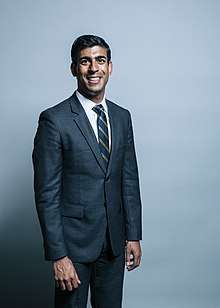

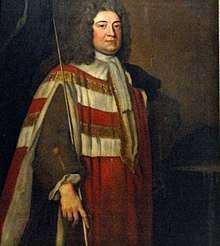
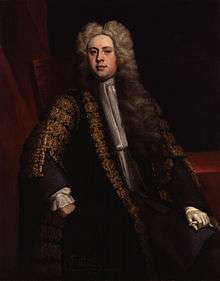
.svg.png)
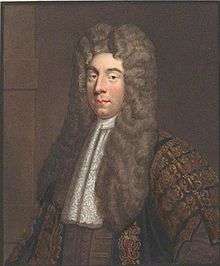

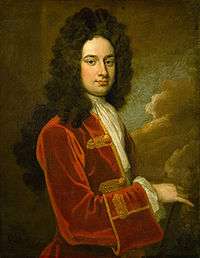
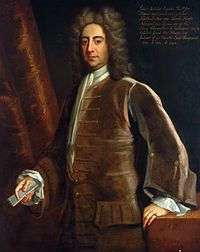
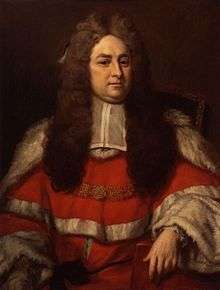
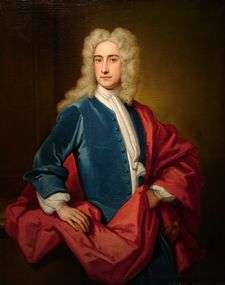
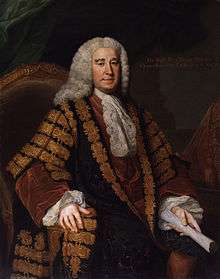

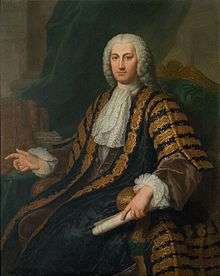
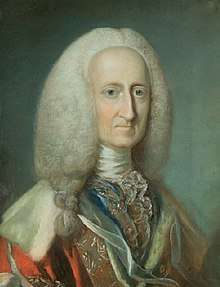

.svg.png)
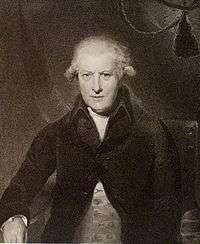
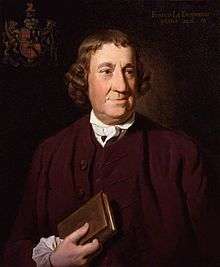
_by_William_Hoare_(1707-1792)_Cropped.jpg)

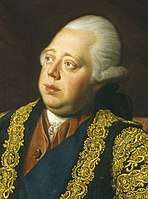
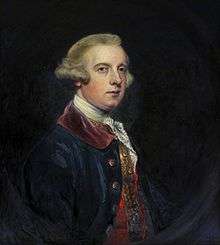
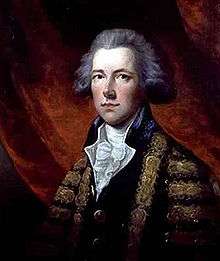
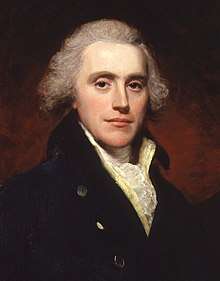
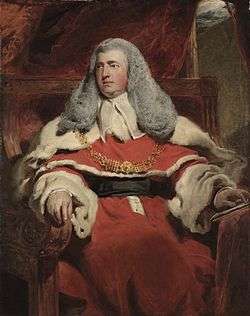
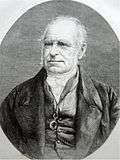


.svg.png)
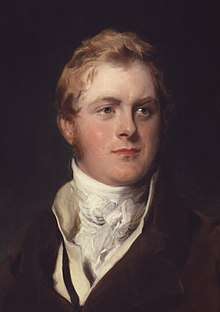
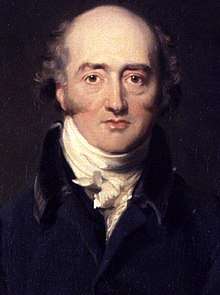
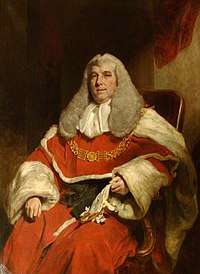
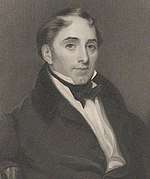
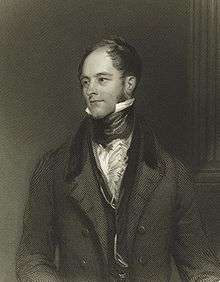


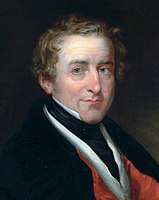
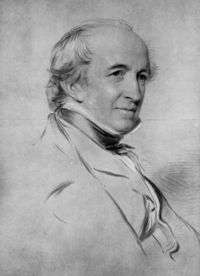
.svg.png)
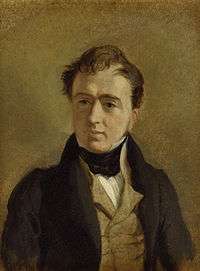
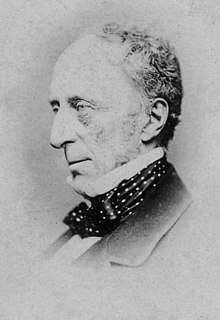
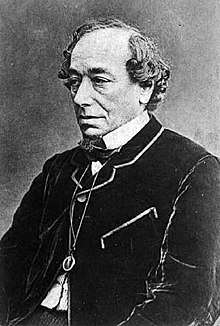

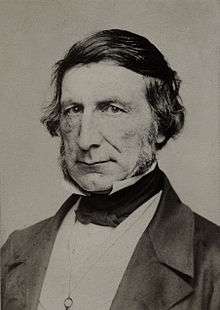
_.jpg)
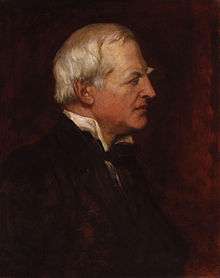
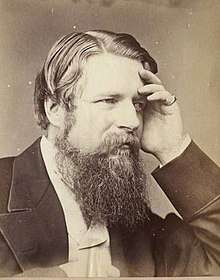
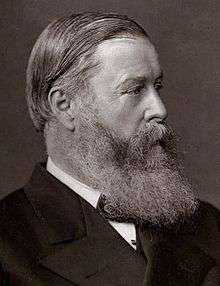
.jpg)
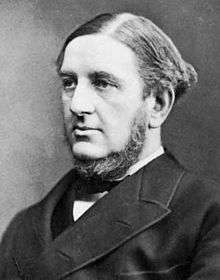


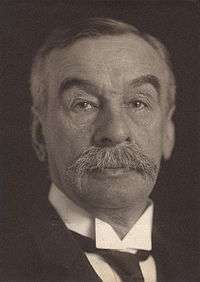
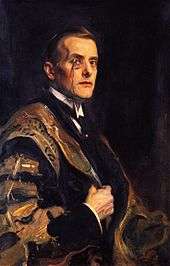
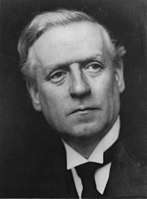

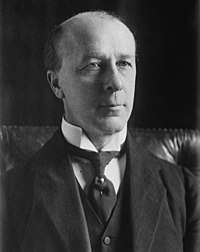

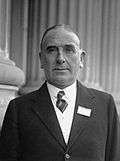
.jpg)
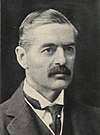

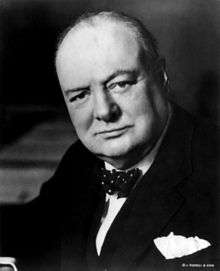
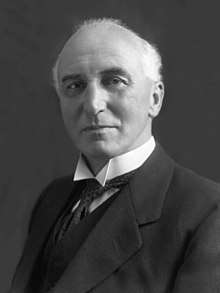

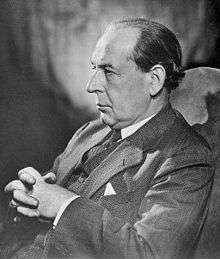

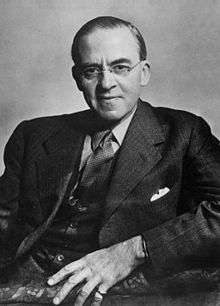
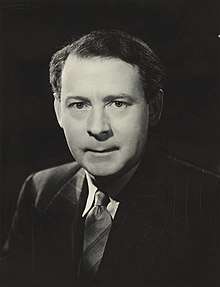
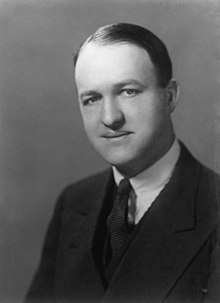
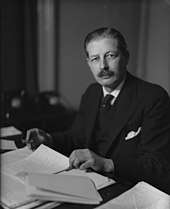
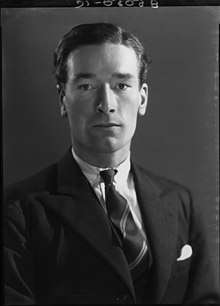


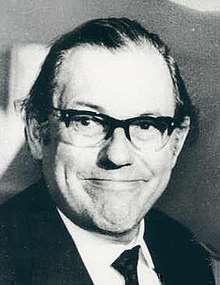
.jpg)

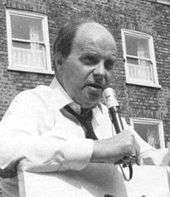
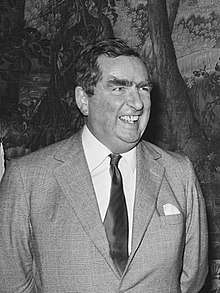
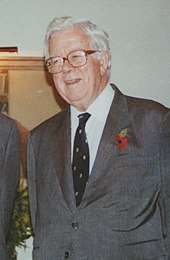
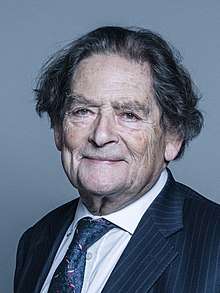
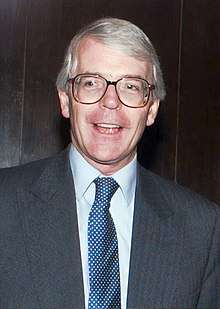

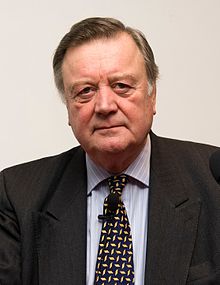
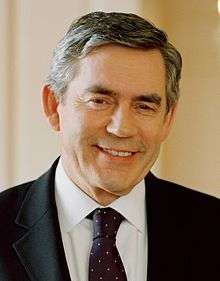
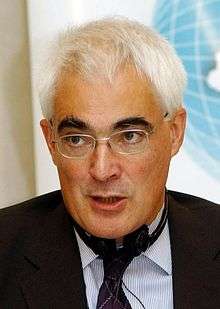
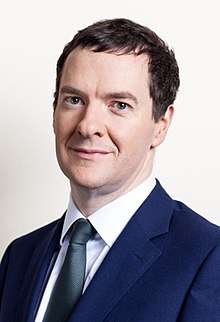
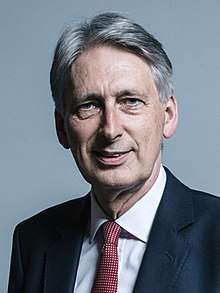
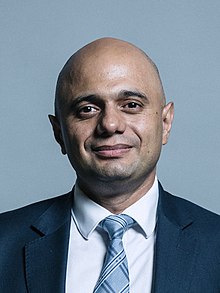
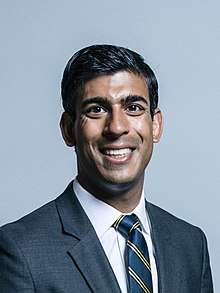
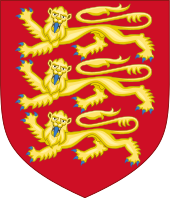



_(4953162007).jpg)
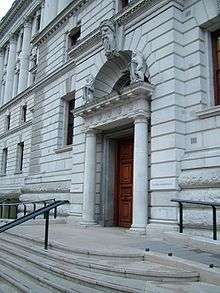
.jpg)